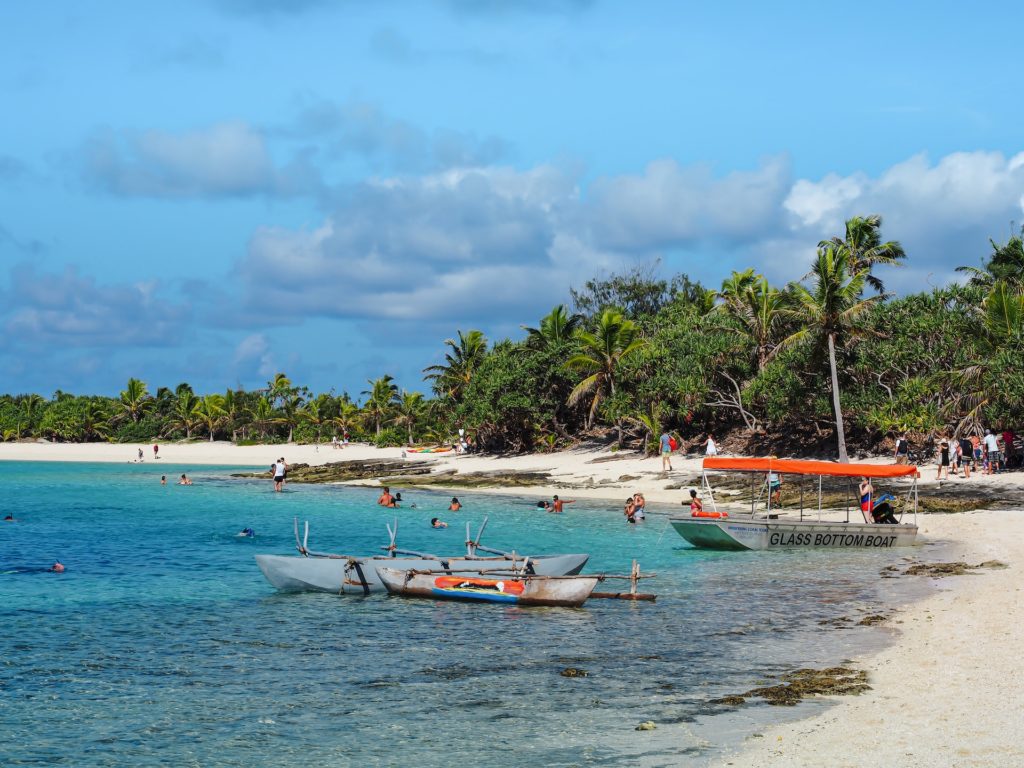Compared to 13% in French Polynesia, tourism only accounts for 5% of the GDP in New Caledonia. Because of its high costs and remote location, New Caledonia is not a nation with a focus on mass tourism. New Caledonia’s tourism industry is underdeveloped, and industry professionals lack a global strategy.

Ecotourism
Responsible travel to natural areas that preserves the environment, supports the well-being of the local population, and includes interpretation and education is referred to as ecotourism.
Traveling sustainably and responsibly is a great way to experience places off the beaten path, close to the locals, and with consideration for the environment. One of the best locations for ecotourism is New Caledonia. A natural setting teeming with endemic wildlife and plants, as well as a vibrant cultural history. Additionally, Caledonia is strongly promoting ecotourism due to its urgent need to preserve its distinctive biodiversity.
Corporate culture
The official language of New Caledonia is French, so unless the customer specifically states that this is not necessary, it is strongly advised to bring an interpreter with you when you first start a business. You should address people as Monsieur or Madame, depending on their last name. Your contact might start using first names if they have lived in Australia for some time. First names are typically not used until you have established a good relationship because interpersonal relationships here are typically a little more formal than they are in Australia. It is best to schedule appointments before visiting clients. Since many businesses are small, the owner or managing director is most likely to be the point of contact. The disparity is advised because the market is so large that “exclusivity” is likely to be requested and you will undoubtedly be questioned about the other businesses you are visiting. Although New Caledonia is not as large as other markets, importers frequently remain loyal to trustworthy suppliers who are willing to accommodate the needs of smaller markets. In most business meetings, smart casual is appropriate, with tailored pants and an open-necked shirt. Rarely are suits and ties worn to business meetings or events.
Organizing in New Caledonia
Setting up a business can have a lot of advantages. An understanding of the legal system, employment, immigration, and tax law is necessary for anyone starting a business, whether they are an individual or an organization. The benefits of New Caledonia include:
- A productive industrial structure that adheres to European standards.
- With efficient management, the level of development is the highest among overseas territories.
- A vibrant, prosperous, and open market. Legal, sane, secure, and stable currency.
- Favorable geographical location. It is situated in the heart of Melanesia.
- Stability in the legal system, the economy, and the currency.
- High skill levels as a result of a training standard that is related to French standards.
- An exceptional quality of life is made possible by the abundance of its natural surroundings.
- Favorable policies for investments, like tax breaks.
Economy
Services, nickel mining, and French subsidies are major contributors to New Caledonia’s economy. Additionally significant are forestry, fishing, and agriculture. Due to the small local market, industries that produce goods that are typically imported, such as those that produce soap, cement, fencing wire, beer, soft drinks, and recreational boats, have had little effect on the economy. Even though the South Pacific region has one of the highest GDPs per capita, wealth is not equally distributed among the various ethnic groups: The average income of households in Melanesia is only about one-fourth that of households in Europe. On the main island, the distribution of land resources is also unbalanced. Even though thousands of Melanesian families depend on agriculture, only a small number of European families who own two-thirds of the land are involved in farming or raising cattle. The majority of senior administrative positions in the government are held by Europeans, who also dominate trades, businesses, and professions. Even without accounting for the sizeable number of “hidden” unemployed who have moved back to their villages, Melanesians tend to have significantly higher official unemployment rates than Europeans. In New Caledonia, duties on imported goods, sales taxes, and taxes on business profits make up the majority of the country’s taxes. The Nouméa metropolitan area contributes the vast majority of the nation’s total tax revenues.







